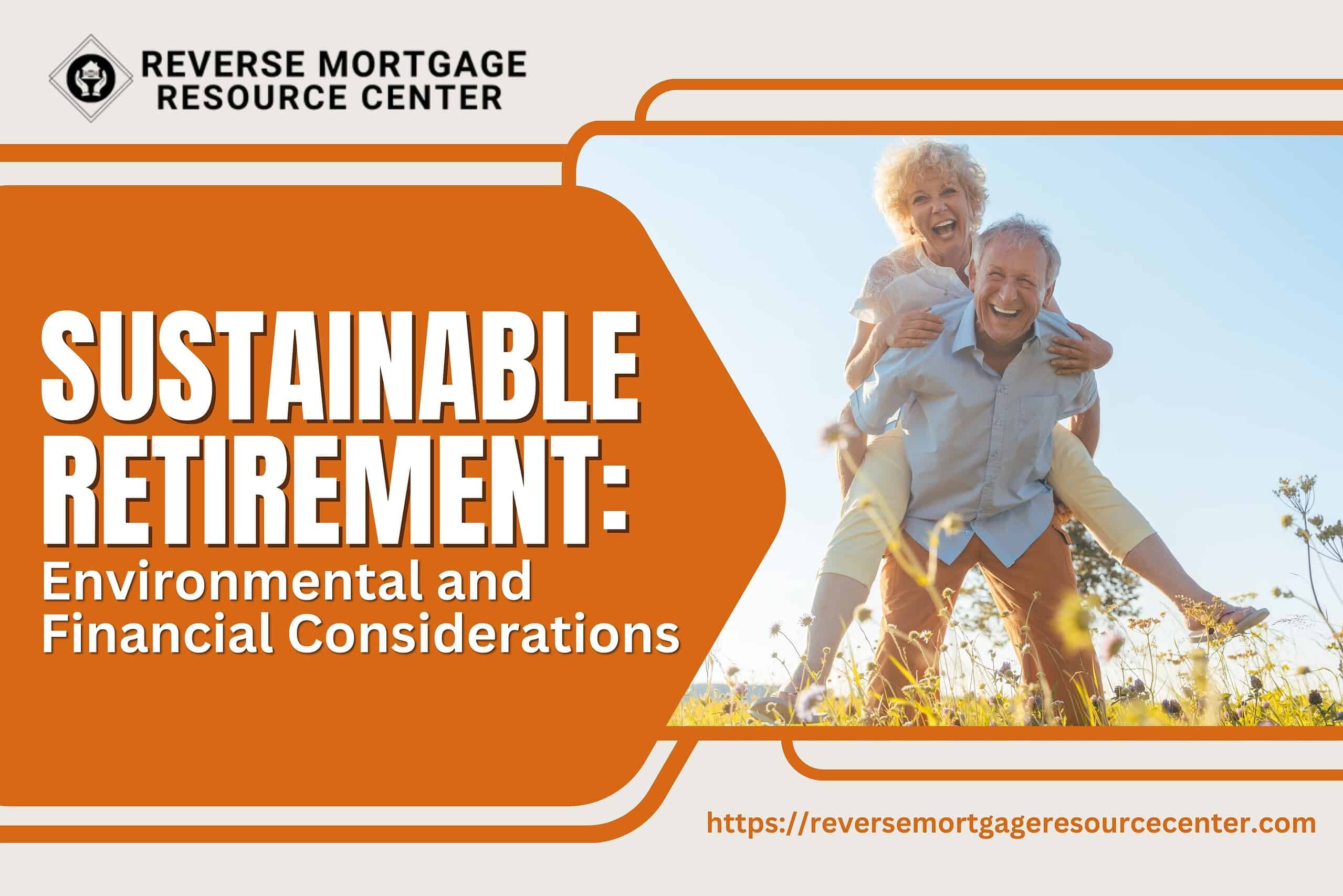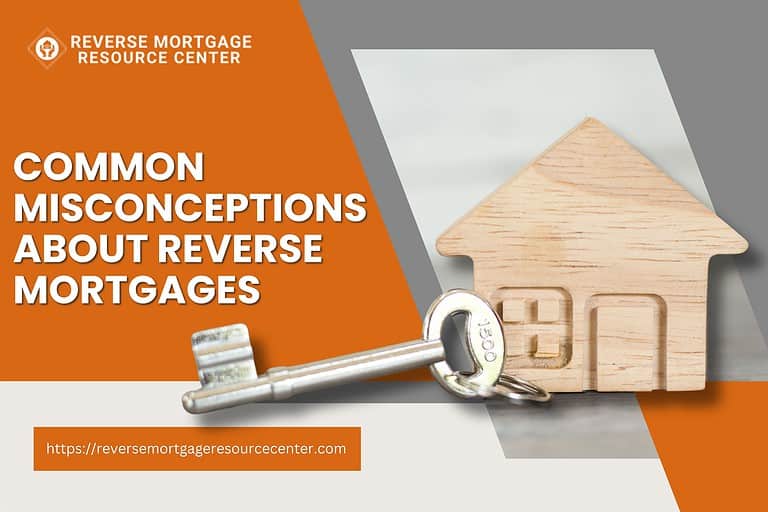Sustainable Retirement: Environmental and Financial Considerations
Retirement is a phase of life where financial security and environmental consciousness intersect, offering seniors the opportunity to make sustainable choices that not only benefit the planet but also enhance their financial well-being. In this article, we delve into the synergy between eco-friendly decisions and seniors’ financial stability during their retirement years. By exploring green home upgrades, their potential impact on reverse mortgage decisions, and the broader landscape of sustainable living in financial planning, seniors can make informed choices that align with their values and financial goals.
The Green Advantage in Retirement Planning
Retirees are increasingly recognizing the dual benefits of environmental sustainability and financial prudence. Embracing sustainability in retirement not only contributes to a healthier planet but can also have tangible financial advantages.
1. Energy-Efficient Home Upgrades
Energy-efficient home upgrades stand out as one of the most impactful ways seniors can align their retirement goals with eco-friendly choices. Investing in improved insulation, energy-efficient windows, and solar panels not only reduces the home’s environmental footprint but may also result in significant savings on utility costs. As seniors aim to make their retirement savings last, a home that consumes less energy translates into lower monthly expenses, contributing to a more sustainable financial future.
2. Green Renovations and Property Value
For seniors contemplating reverse mortgages as a means of accessing home equity for retirement, green renovations can play a pivotal role. Eco-friendly upgrades can enhance the overall value of the property, potentially leading to a higher appraisal value. This increased property value can positively influence the terms and benefits of a reverse mortgage, providing seniors with more financial flexibility and a greater pool of resources to draw from in their retirement years.
3. Environmental Responsibility and Cost Savings
Seniors who embrace energy-efficient home upgrades not only benefit financially but also fulfill a sense of environmental responsibility. This dual impact resonates with retirees seeking ways to make meaningful contributions to a sustainable future while ensuring their own financial well-being.
Reverse Mortgages: Navigating the Green Path
1. Understanding Reverse Mortgages
Reverse mortgages provide seniors with the option to convert a portion of their home equity into readily accessible funds, offering a valuable financial resource during retirement. However, the interplay between eco-friendly choices and reverse mortgages requires careful consideration.
2. Eco-Friendly Homes and Reverse Mortgage Benefits
Seniors residing in energy-efficient homes may find themselves in a more favorable position when exploring reverse mortgage options. Lenders often take into account the condition and value of the property when determining loan amounts. An eco-friendly home, with its reduced environmental impact and enhanced market value, can lead to more favorable terms, potentially resulting in a higher payout for seniors.
3. Long-Term Savings and Financial Security
Beyond the immediate benefits, the long-term savings associated with sustainable living can contribute to seniors’ financial security throughout the life of a reverse mortgage. Lower energy bills and maintenance costs mean more disposable income that can be directed toward meeting mortgage obligations, ensuring a sustainable financial future. Seniors who integrate eco-friendly practices into their lifestyle are not only contributing to a greener planet but also positioning themselves for greater financial resilience in their retirement years.
Sustainable Living as a Financial Strategy
1. Holistic Financial Planning
Sustainable living extends beyond the home, encompassing lifestyle choices that can impact overall financial well-being. Seniors can embrace a more sustainable lifestyle by adopting practices such as minimalism, reducing waste, and choosing environmentally friendly products. These choices not only contribute to a healthier planet but also align with a frugal and financially conscious mindset.
2. Reduced Living Expenses
The financial benefits of sustainable living extend to reduced living expenses. Seniors who adopt a minimalist lifestyle can save money by avoiding unnecessary purchases and streamlining their possessions. This can lead to a more comfortable retirement, with funds available for experiences, travel, and unforeseen medical expenses.
3. Community Engagement and Cost-Effective Activities
Sustainable living often involves community engagement and participation in cost-effective activities. Seniors can explore local community gardens, environmental initiatives, and affordable leisure activities that not only enrich their retirement years but also contribute to the sustainability of their communities. Engaging in these activities can provide a sense of purpose and belonging while maintaining a budget-friendly lifestyle.
Wrap Up
As seniors face financial challenges in retirement, the synergy between sustainable living and financial well-being becomes increasingly apparent. From energy-efficient home upgrades influencing reverse mortgage decisions to embracing a holistic sustainable lifestyle, seniors can navigate retirement with both environmental consciousness and financial resilience. By making intentional choices, seniors can create a retirement that not only leaves a positive impact on the planet but also ensures a secure and fulfilling financial future.
REVERSE MORTGAGE RESOURCE CENTER ~LIVE LIFE ON YOUR TERMS~
Our Lending Team has been serving our clients since 2004. We are passionate about serving our clients with integrity to help them achieve their financial goals.







